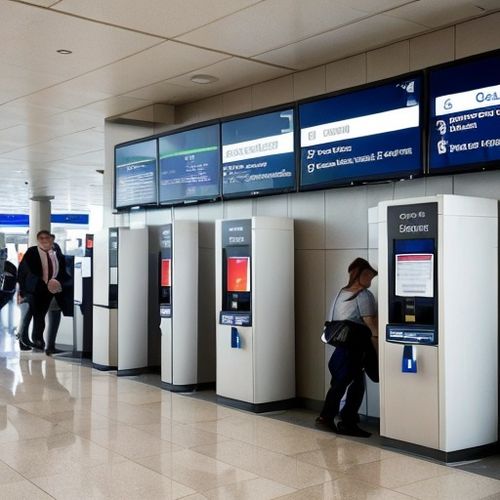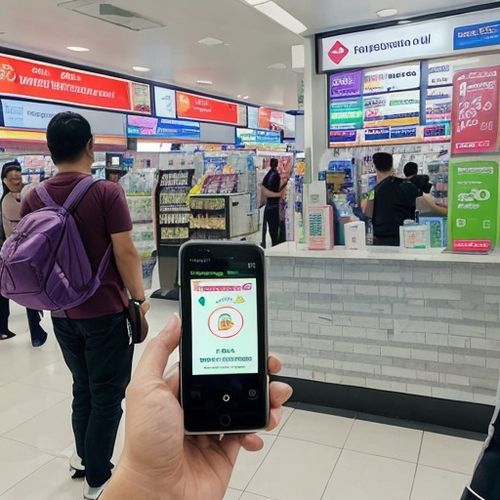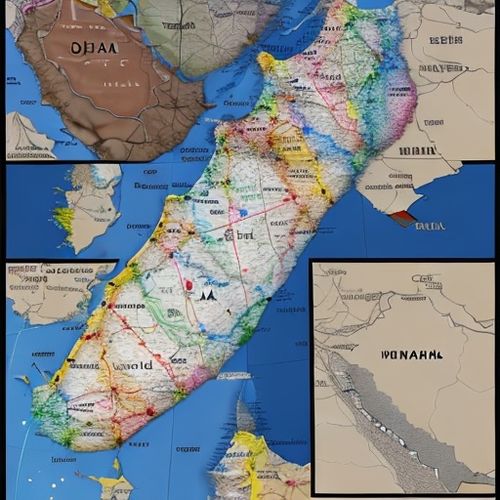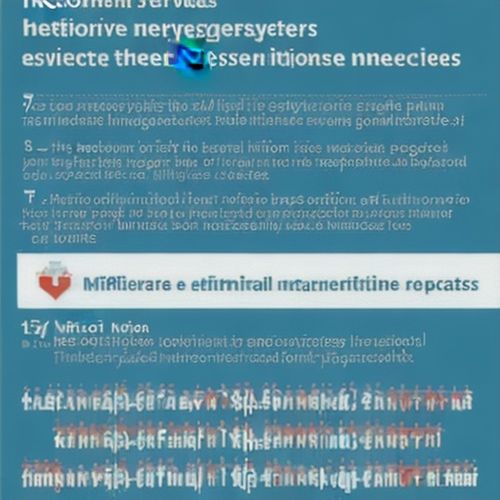The European cross-border data roaming package has become a game-changer for travelers and businesses operating across multiple EU countries. With the abolition of roaming charges within the European Union, consumers can now use their mobile data, calls, and texts seamlessly while crossing borders. This revolutionary shift has not only simplified connectivity but also fostered economic integration across member states.
The Genesis of the Roaming-Free Zone
Back in 2017, the European Union made history by eliminating additional fees for using mobile services abroad within its territory. This landmark decision was the culmination of years of regulatory efforts to create a true digital single market. Before this change, travelers often faced exorbitant bills simply for checking emails or using maps in another EU country. The new rules meant that citizens could use their domestic mobile plans anywhere in the EU at no extra cost, treating all member states as a single connectivity zone.
The implementation wasn't without challenges. Mobile operators had to completely restructure their pricing models and establish new inter-operator compensation mechanisms. Some providers initially tried to circumvent the spirit of the regulation by imposing "fair use" limits or subtly increasing domestic plan prices. However, continued regulatory oversight has largely succeeded in maintaining the intended benefits for consumers.
How the Cross-Border Data Package Works Today
Currently, when an EU citizen travels to another member state, their mobile usage is treated as if they were still in their home country. If your domestic plan includes 10GB of data, you can use that entire allowance while roaming without facing additional charges. The same applies to minutes and text messages. This system applies to all 27 EU countries plus Iceland, Liechtenstein, and Norway through the EEA agreement.
There are some reasonable use protections in place to prevent abuse. For instance, if you spend more time roaming than at home over several months, your provider may contact you to clarify your situation. This safeguards against people permanently using another country's network to bypass potentially higher domestic rates. However, for typical travelers and business users, these safeguards rarely come into play.
The Business Impact of Seamless Roaming
For companies operating across multiple EU markets, the elimination of roaming charges has significantly reduced operational costs and administrative burdens. Employees no longer need separate SIM cards for each country or worry about expense claims for mobile usage during business trips. This has been particularly beneficial for small and medium enterprises that previously couldn't afford elaborate international mobile plans.
The logistics sector has seen some of the most dramatic improvements. Truck drivers crossing multiple borders daily can now maintain constant communication with dispatch centers without worrying about switching SIMs or racking up huge bills. Similarly, digital nomads and remote workers can move freely between EU countries without losing productivity due to connectivity issues.
Consumer Behavior and Usage Patterns
Since the implementation of roaming-free policies, studies have shown a marked increase in data usage while traveling. Where travelers once cautiously connected only when necessary, they now stream videos, use navigation apps freely, and maintain their regular digital habits abroad. This behavioral shift has created new opportunities for app developers and service providers to create location-based services that work seamlessly across borders.
Interestingly, the policy has also influenced travel patterns. Some tourists report choosing EU destinations over non-EU alternatives specifically because of the hassle-free connectivity. Business travelers similarly factor in connectivity when planning multi-country European trips versus those involving non-EU destinations where roaming charges still apply.
Technical Challenges and Network Considerations
Behind the scenes, maintaining quality service across borders requires extensive coordination between mobile operators. When you roam, your connection actually routes through local towers but bills back to your home provider. Network operators have had to upgrade their infrastructure and establish new peering agreements to handle the increased cross-border traffic.
Latency can sometimes be an issue, as data may need to route back to your home country's servers before reaching its final destination. Providers are continually working to optimize these pathways, with some establishing local breakout points in frequently visited countries to improve performance for roaming customers.
The Future of EU Cross-Border Connectivity
Looking ahead, the European Commission continues to monitor the roaming market for any anti-competitive practices while exploring ways to further improve the system. There's ongoing discussion about expanding the concept to include neighboring non-EU countries through special agreements. Additionally, as 5G networks roll out across Europe, ensuring consistent roaming performance with next-generation speeds will be a priority.
Another frontier is the integration of value-added services while roaming. Some providers are beginning to offer localized content or services when customers roam in specific countries, recognizing that while the technical connectivity is the same as at home, the user's needs and context may differ when abroad.
The EU's cross-border data package stands as one of the most tangible benefits of European integration for ordinary citizens. It has removed invisible digital borders, allowing people to move and communicate freely across the continent. As digital connectivity becomes ever more essential to daily life and work, this policy will likely continue evolving to meet new challenges and opportunities in the European digital landscape.

By Grace Cox/Apr 14, 2025

By Emma Thompson/Apr 14, 2025

By Daniel Scott/Apr 14, 2025

By Rebecca Stewart/Apr 14, 2025

By Emily Johnson/Apr 14, 2025

By Megan Clark/Apr 14, 2025

By Emma Thompson/Apr 14, 2025

By Grace Cox/Apr 14, 2025

By Christopher Harris/Apr 14, 2025

By Joshua Howard/Apr 14, 2025

By Noah Bell/Apr 14, 2025

By Grace Cox/Apr 14, 2025

By Joshua Howard/Apr 14, 2025

By Victoria Gonzalez/Apr 14, 2025

By Grace Cox/Apr 14, 2025

By Christopher Harris/Apr 14, 2025

By Lily Simpson/Apr 14, 2025

By Laura Wilson/Apr 14, 2025

By Michael Brown/Apr 14, 2025

By Noah Bell/Apr 14, 2025